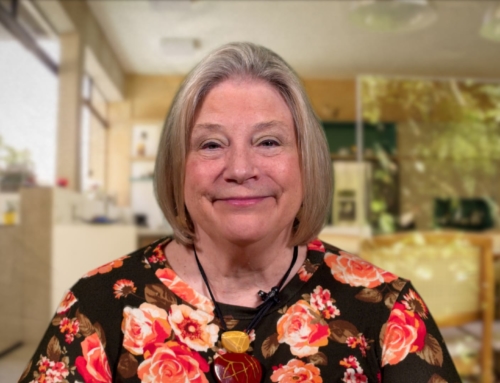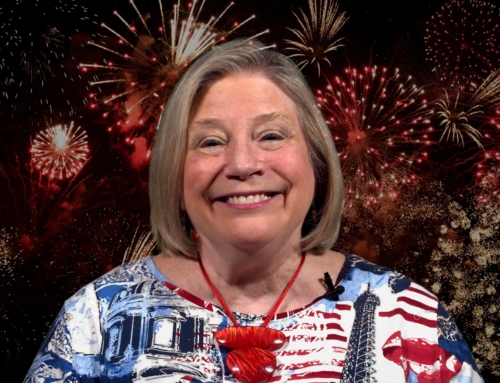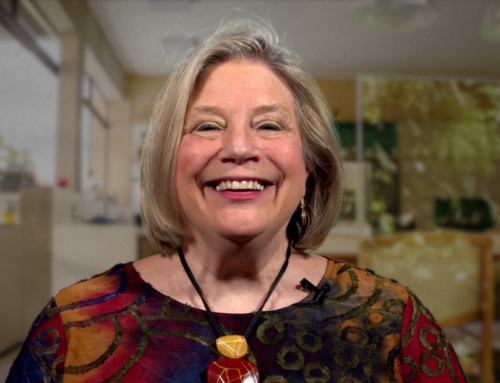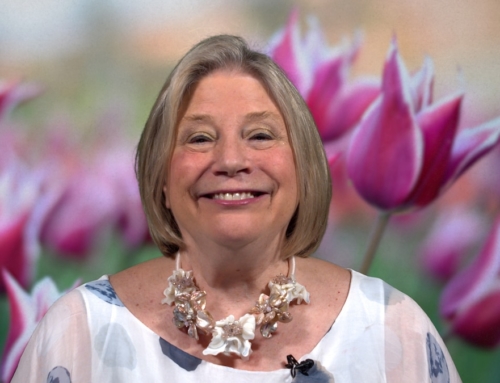I really want to wish you a happy Thanksgiving! Hope you enjoy this video.
I want to talk about how we might support you to have the best holiday ever.
The idea scenario is where we gather around a big table and share what we’re grateful for.
But holidays can also be a painful trigger. Just by getting together, some of our family dynamics get a little tricky. Let’s put all of this out on the table along with the turkey and the stuffing. I’ll give you a couple of hints to make the holidays even more happy and comfortable and loving.
Holidays can also be stressful for us as well as our clients. Rupert Sheldrake described the morphic resonance field as a certain family dynamic where we all fit in a certain way.
Actually, we can very easily find ourselves feeling five years old. You might notice that there’s a certain invitation in your family to pull you back into certain dynamics, and not always comfortable ones.
What you might see happening in some family dynamics is that a person comes to the event, and in five minutes they’re on the couch falling asleep, or they’re completely involved in a football game or computer games. Football games and computer games can absolutely be a shared experience, an amplified, positive moment between family members where they’re really having a good time celebrating their team or mourning the loss for their team.
But sometimes it’s a way of going into a cave and not participating in the possible connection that could be there. There are historical reasons for that, but it might be interesting for you to pay attention to these family dynamics. How can you enhance the experience for your clients?
From an Avoidant Attachment perspective, we tend to feel safer when we’re alone or in our bubble of isolation. Challenge yourself to come out of that; see if you can respond to a bid for connection if somebody wants to give you a hug or somebody starts a conversation, to actually show up and be available for that. You might just want to pick one of these, because any time we’re changing a particular pattern that’s been ingrained and has a wound underneath it, one change is enough.
If you’re Ambivalent, you might find that when your family’s there, you constantly feel a little less than secure. You might find yourself asking for reassurance. You might notice what it’s like to curb that and focus on your sense of self. If you can feel the inner self support as an experiment, that might bring a lot of relief to these family dynamics.
We’re always talking about Attachment adaptations as moving back towards Secure Attachment where it’s easy to be playful, we can share our love and connection, there’s an easy flow into relationship and an easy flow into autonomy. We don’t feel stressed when people approach us or stressed when people separate from us. Everything’s just easy. We have an unflappability about us when we’re in our Secure Attachment.
I’d like to suggest skill-building for ourselves and our clients to move into a more Secure Attachment kind of relationship. In our families, sometimes it takes a while for those shifts to happen, but if we model it or we help our clients bring that to their family, some really wonderful things might happen.
Disorganized Attachment is the most challenging because there have been parents with unresolved trauma, or they’re frightened, they get angry easily, startle easily, or get a little chaotic. That’s hard to manage with the stress of a holiday. Or the parent was actually, in the worst case scenario, abusive or frightening. Maybe they yelled a lot or they were quick to anger. Those dynamics are more challenging.
What can you bring to the Thanksgiving table that resources yourself, maybe your partner or your friend if they’re there, to help there be more safety in general? In that case, with Disorganized Attachment, it might mean planning ahead. For example, think, “I’m just going to let my family know that I need to take a walk after dinner to digest my food, but maybe also to have a little break. Or I need to be on the phone with my friend or maybe my therapist.” Whatever it is that brings you into this more playful, protected, safety, present kind of experience with your loved ones—do it!
Personally, I’m not going to have that many more holidays with my mother—she’s 95 years old. So, I make the most of the holidays I do have. Let’s do as much healing as we can, and also enjoy it more. Let’s see if we can move from endurance to enjoyment when we have these opportunities during the holidays.
I wish you the best. I send you many blessings for a happy Thanksgiving. I hope it’s a really fulfilling experience.
6 Comments
Comments are closed.







Hi Diane,
Thank you for your Thanksgiving message. I would like to purchase your IHI DVD Set: Integrated Healing Intensive in Trauma Resolution, and would like to check with you if the DVD’s are compatible with the Australian DVD System.
Thanking you,
and wishing you well,
Sarah
Hi Diane,
Happy Thanksgiving to you and your Mom. After taking your Dar 1 last year and recognizing my avoidant attachment style I challenged myself to change seats between each course so that I got to update with more family members than I would otherwise do. It actually gave me confidence to enjoy the connection and i have since practiced reaching out more often now at any social. Thanks for all your wonderful teachings.
Dear Diane,
Thank you so much for your Thanksgiving message. We don’t celebrate ‘Thanksgiving’ in Australia but I know my clients (and me) often feel stressed during the Christmas/New Year period. I love the idea of feeling and expressing gratitude for the things we have. Gratitude can be so healing in itself. I’ve had many losses over the past 3 years, including my pets, my home and both my parents and so I will feel the void this Christmas but also immense gratitude for the precious people in my life. I wish you a wonderful, peaceful and meaningful Thanksgiving.
Oh, Thank you Diane! You are a joy to know. What you
are teaching is priceless. Happy Thanksgiving…
Yes, thank you so much – these videos are so helpful… as a client myself and as a school psychologist working with adolescents. By the way you look at least a decade and a half younger… I was shocked when you said 62.
DO you yourself struggle at family gatherings even though your mom will be 95… if so I hope at some point you can share the strategies you use so I CAN model THEM.. thanks again for all you do!
Diane,
Many thanks for your wonderful programs and especially for this video and text about the challenges to attachment with family, partners and friends during the holidays.
You provide a very useful and helpful resource for all of us therapists who have attachment issues with both our clients and our personal network of family and friends.
You deserve a rich and rewarding Thanksgiving holiday.
Many blessings to you for the blessings you bestow,
Joe Izzo